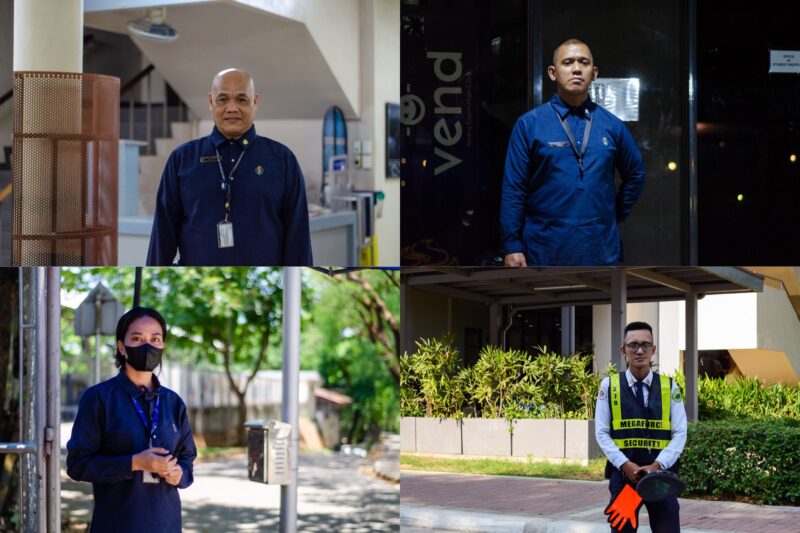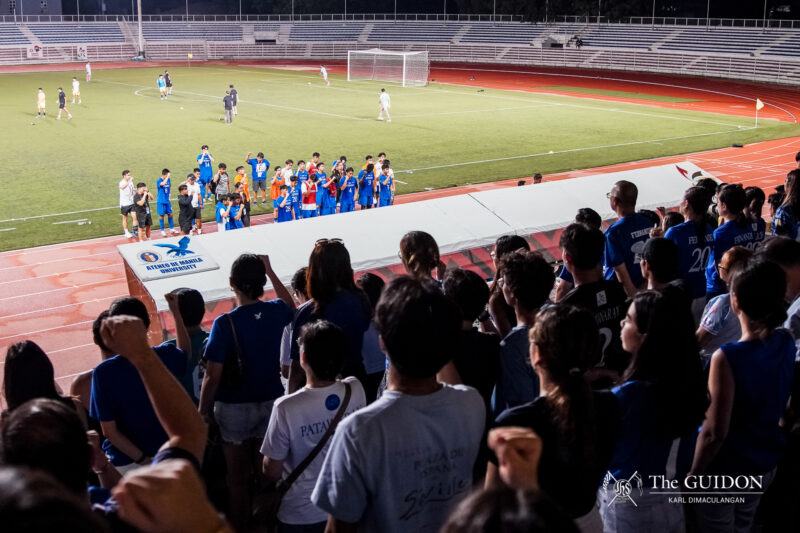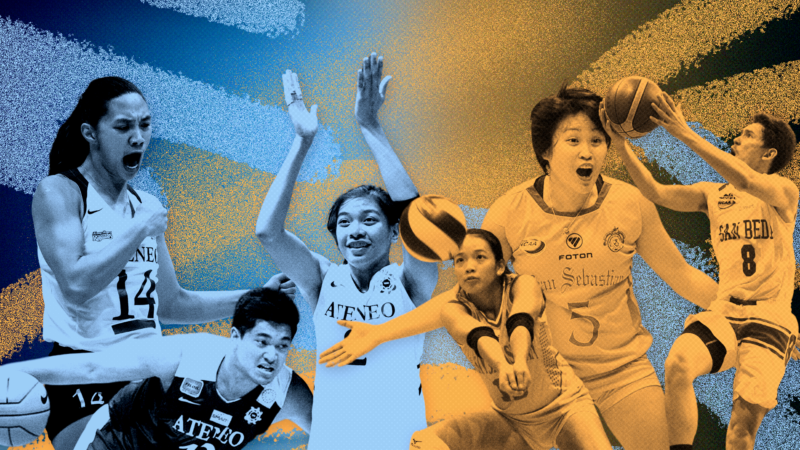THROUGH TIME, reality shows have become a staple in Filipino television alongside teleseryes and news programs. Beyond simple water cooler moments and trending topics on social media, the events and relationships built within these shows drift into the everyday lives of audiences. Aside from providing entertainment, reality shows have created opportunities for its contestants to gain fame and fortune—may it be through game shows or singing competitions.
However, given the onset of the COVID-19 pandemic and quarantine protocols, shows that were ongoing prior to the lockdown such as The Voice Teens cut their production short. Despite this, television networks such as GMA Network adjusted both ongoing and newly launched shows in line with the “new normal” through production changes and concept ideation.
Similarly, ABS-CBN planned to air a new season of Pinoy Big Brother (PBB)—a prominent reality show that recently opened its doors for virtual auditions. As the call for future housemates echoes, PBB presents a one-in-a-million chance for auditionees to secure a bright future in a time filled with uncertainty.
A house of stars
Adapted from a European reality franchise, PBB first aired in 2005 through ABS-CBN. Featuring contestants called “housemates,” the show follows their lives inside the house as they take on weekly challenges and open up to the general public. The show has since produced 14 Big Winners—most of whom are successful in the entertainment industry.
Years after its first season, its identity and influence in the local entertainment industry remain intact as audiences continue to welcome it warmly. Communication Department professor Christine Anne R. Cox explains that it serves as an escape from reality as viewers follow the lives of other people—a way to ignite their innate inquisitivity.
The show has also become a reflection of society’s plight. “[In the show,] naha-highlight ‘yung [housemates’] struggles, ‘yung kanilang issues….and it gives us a peek into our own situation (In the show, the housemates’ struggles are highlighted, with their issues…and it gives us a peek into our own situation),” Cox explains.
In addition, Cox notes that PBB underscores the Filipino identity—especially with the Philippine flag’s colors gracing the show’s logo and with culturally iconographic designs adorning the house’s interior decor. Aside from this, theme songs such as Pinoy Ako and Otso Na are declarative anthems of national pride—suited to uplift and empower the audience and housemates alike.
This year, the long lines outside Araneta are nonexistent, as the audition process only requires applicants to post a one-minute creative introduction video on Filipino live streaming app KUMU. However, the dream to become a PBB housemate remains—the number of auditionees skyrocketed from 4,600 to 37,000 within the first three days.
Cox explains that the influx of auditionees may also be attributed to a “mild sense of desperation” with regards to the pandemic. “They will take that chance to be able to participate in something that could lift them out of their situation,” she adds.
Among these hopefuls are Yani Villarosa and Kyle Dela Cruz, aspiring student-auditionees who grew up gazing at the PBB house from their screens.
Reaching for the sky
For University of the Philippines Los Baños communication arts student Yani Villarosa, becoming a housemate has always been her dream. Aiming to build a name for herself, she sees PBB as an opportunity to explore new paths and expand her career options. Villarosa first auditioned in 2018—however, she did not reach the line cut-off. Two years later, Villarosa’s friends pushed her to roll the dice of fate once more.
Kyle Dela Cruz (4 AB DipIR) shares similar dreams with Villarosa, but has always been held back by prior commitments. Apart from PBB being his childhood dream, he wishes to help his father who suffered from a stroke last summer. “I saw how…my family struggled, financially din [sic]…it costed us millions…right now, I want to join to earn a chance to win and…help my family,” he expresses.
Both Villarosa and Dela Cruz are aware that the journey to the stars would not be easy. As student-auditionees, they bear the uncertainty of awaiting the audition results.
As a freshman, Villarosa chases her dream even while college is in the picture. “If ever na matanggap ka pa…kailangan mo mamili kung gusto mo bang ituloy muna ‘yung sa college mo or kung gusto mo bang tumuloy na ng PBB…‘Yun ‘yung pinaka-struggle as a student-auditionee (If ever you get accepted…you have to choose if you want to continue college or if you want to enter PBB…That’s the most pressing struggle as a student-auditionee),” she says.
Villarosa adds that becoming a PBB housemate is an experience unlike any other. “Parang mababalikan mo kasi ‘yung college, pero ‘yung makapasok ng PBB… parang hindi siya nangyayari lagi, so ako talaga if ever pipiliin ko ‘yung PBB (I think you can still return to college, but getting into PBB doesn’t happen a lot, so for me, I would really choose PBB),” she explains.
Although Villarosa and Dela Cruz’s aspirations appear bright, their parents believe that they should still prioritize their college education over showbiz. Despite this, the student-auditionees remain firm in chasing their dream to grace PBB.
While Dela Cruz sees the show as a chance to serve as a light of hope for his family, he feels that the risk is heavier as he is a graduating student. “I’m gonna get delayed in school…but personally, I’ve accepted that,” he shares.
Traces of stardust
Season after season, PBB has continued to inspire its audience to reach for the stars—even if sacrifices must be made. Facing crossroads, Villarosa and Dela Cruz hold on to their goal of becoming a PBB housemate. Whether or not they are granted the experience, they both believe that opportunities are better taken than forgotten.
Their stories are only a few droplets in a sea of auditionees who all hope to score a seemingly impossible shot to enter the house. Even with the faintest of opportunities, betting on seemingly improbable chances can spark a fire bright enough to momentarily cast away the darkness of anxieties and fear.
“And that’s all it takes—for a chance to be recognized, to win…it gives us a sense of hope in a way [that] this could be our chance, our ticket…out of that situation,” Cox says.







